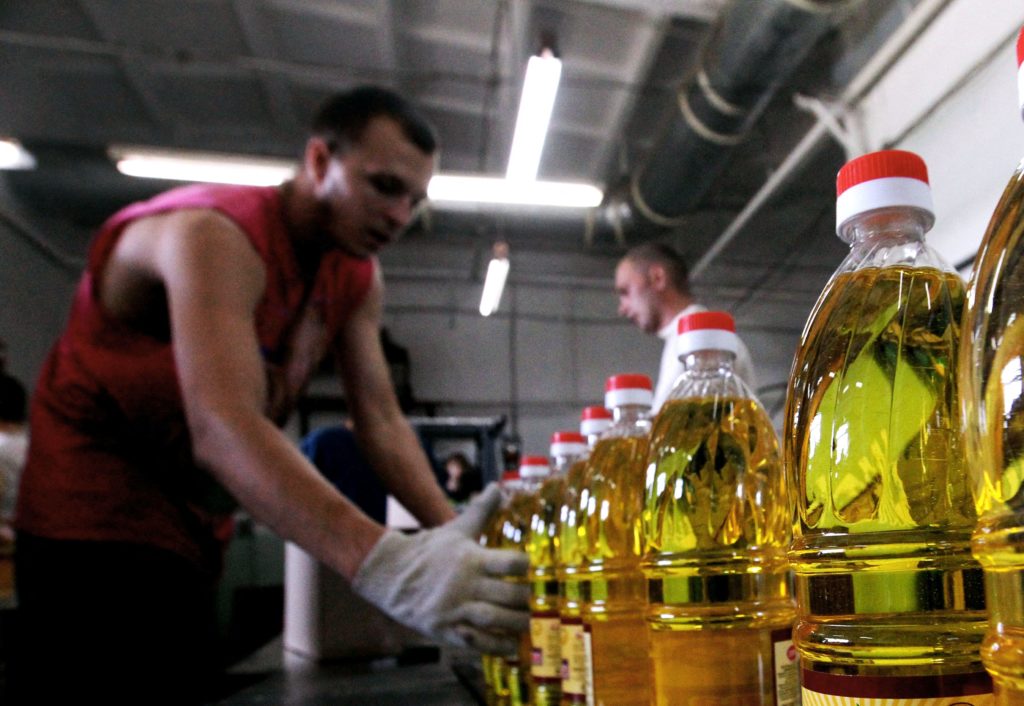Brasília – Until the end of this year, imported ethanol and six food products will be exempt from tariffs to enter the Brazilian market. The waiver was announced on Monday (21) at night by the Brazilian Ministry of Economy, after a meeting of the Executive Management Committee (GECEX) of the Chamber of Foreign Trade (CAMEX).
The measure benefits the following foods: coffee, margarine, cheese, pasta, sugar, and soy oil. Regarding ethanol, the rate was set to zero for alcohol mixed with gasoline or sold separately. The measure will come into force as of Wednesday (23) when published in the Brazilian Official Federal Gazette.
According to the executive secretary of the Brazilian Ministry of Economy, Marcelo Guaranys, the measure aims to control inflation. “We are concerned about the impact of inflation on the population. We are setting an import tariff reduction to zero for over seven products by the end of the year. This does not solve inflation, monetary policy does it, but it generates an important incentive,” he declared.
According to the Ministry, the measure will make the price of gasoline fall by up to BRL 0.20 for consumers. Currently, in Brazil, a liter of gasoline contains 25% anhydrous alcohol. Due to the recent increase in fuel prices, the government expects the reduction in the import tariff will virtually eliminate the effects of the last increase.
Concerning food products, the Ministry of Economy reported the benefited items are the ones weighing most on the inflation rate, according to the National Consumer Price Index (INPC). This indicator measures the impact of prices on lower-income families. Currently, coffee is levied an Import Tariff of 9%; margarine, 10.8%; cheese, 28%; pasta, 14.4%; sugar, 16%; soybean oil, 9%; and ethanol, 18%.
Capital goods
Camex also approved a further 10% reduction by the end of the year of the Import Tariff on capital goods (machines used in industries) and on IT and telecommunications goods, such as computers, tablets, and cell phones. The measure aims to facilitate the purchase of equipment used by industrial producers and lower the price of some technological items, mostly imported. In March last year, the government cut the tariffs on capital goods and telecommunications imports by 10%. In total, the cut will reach 20%.
Translated by Elúsio Brasileiro




